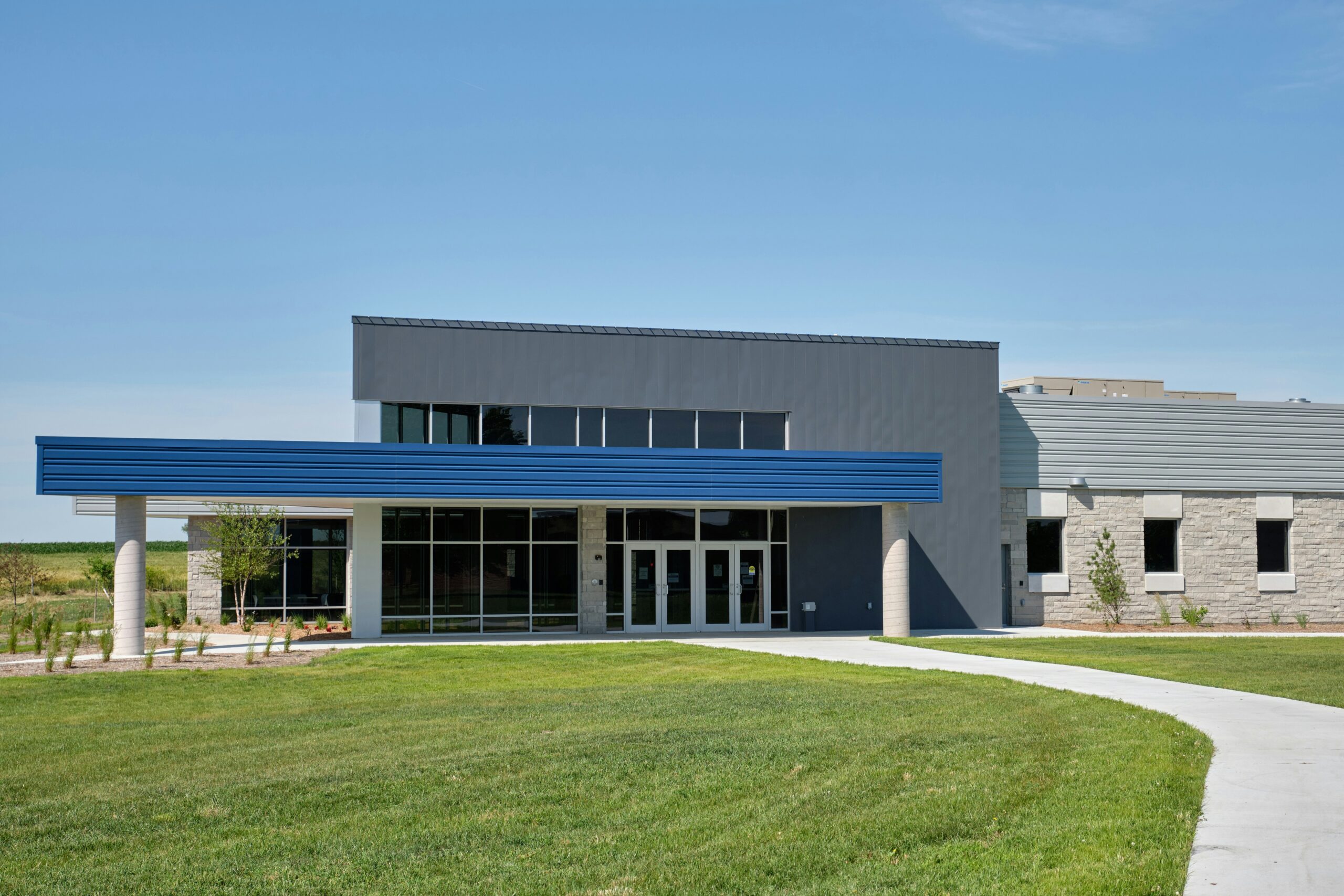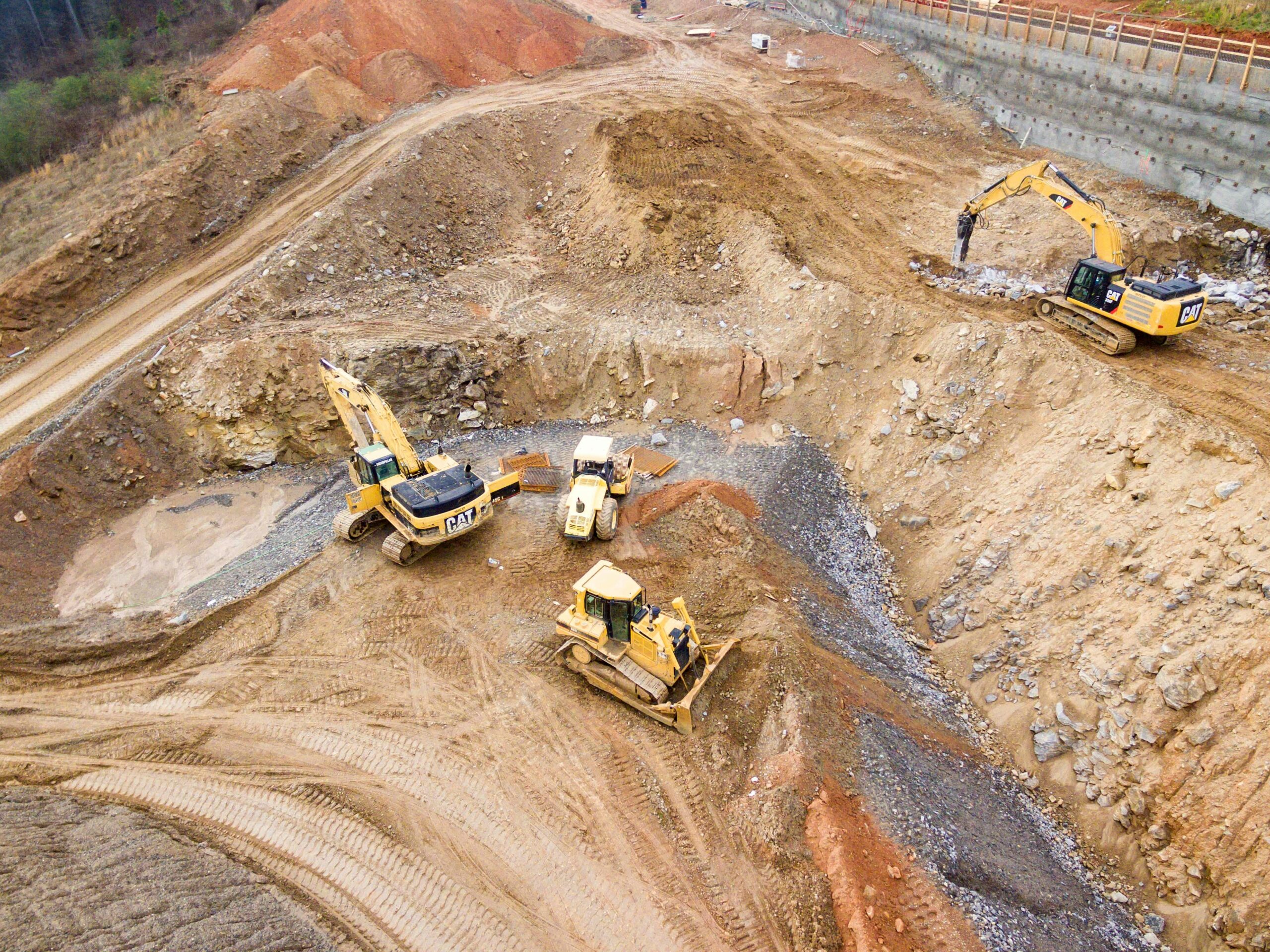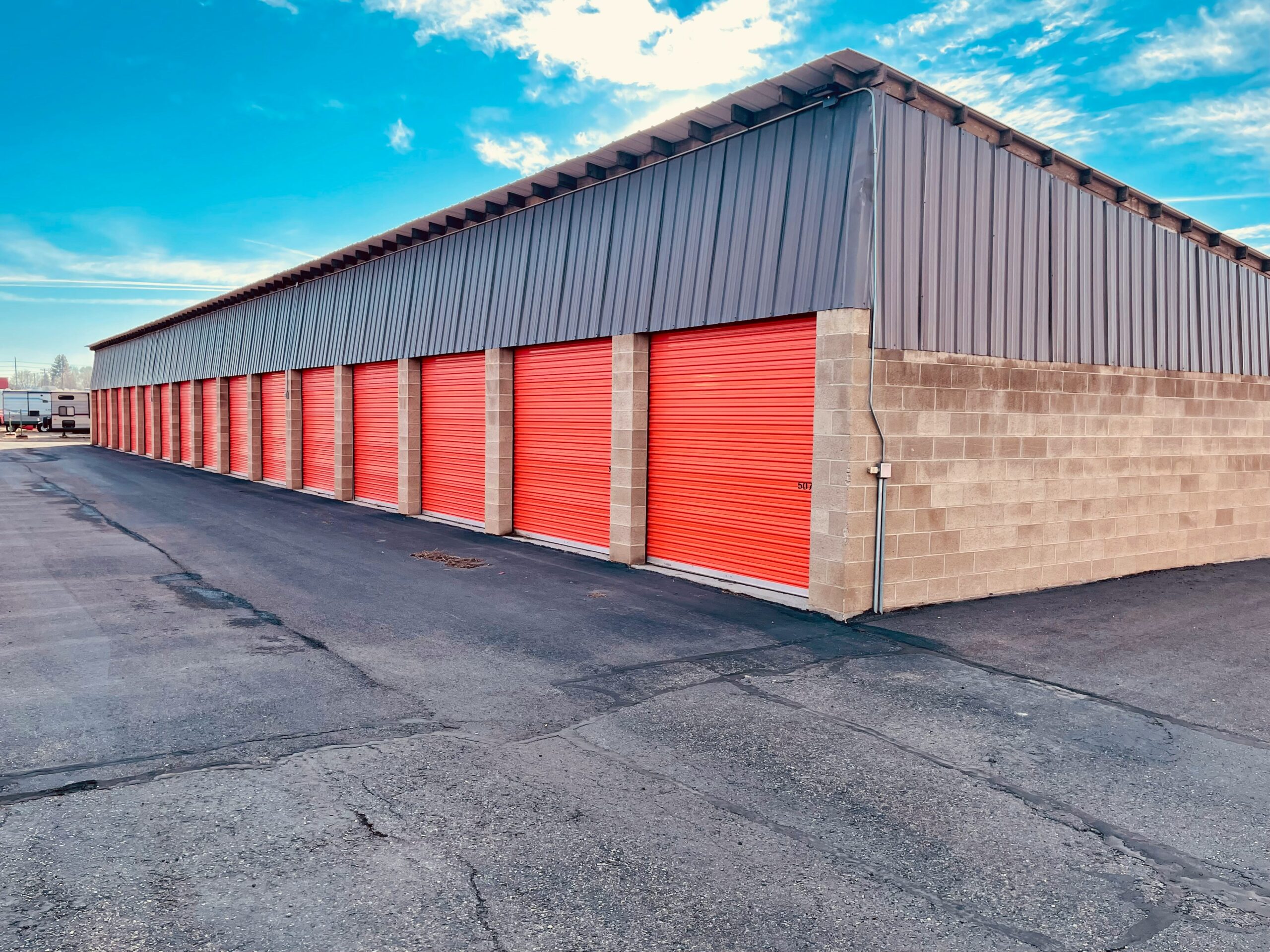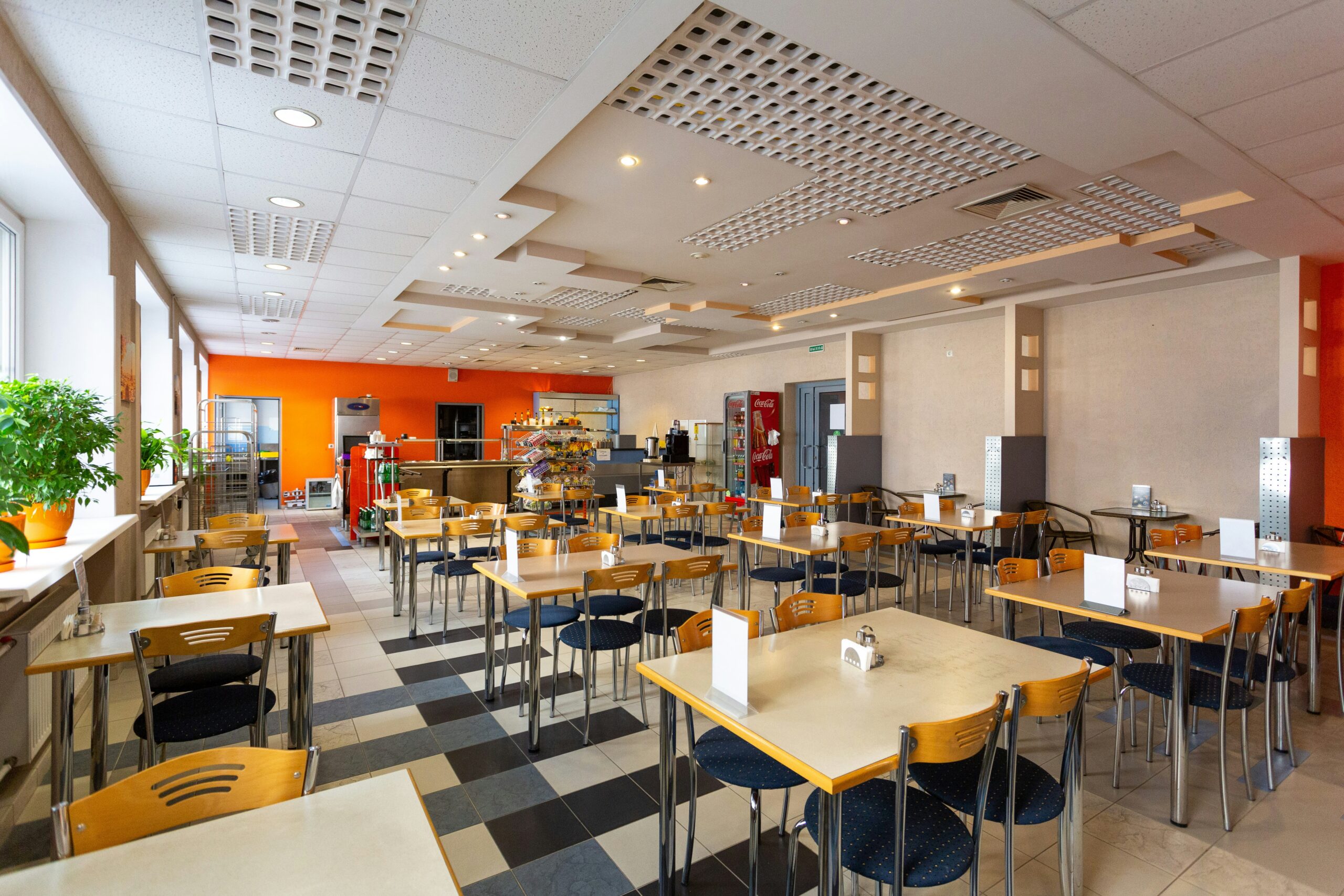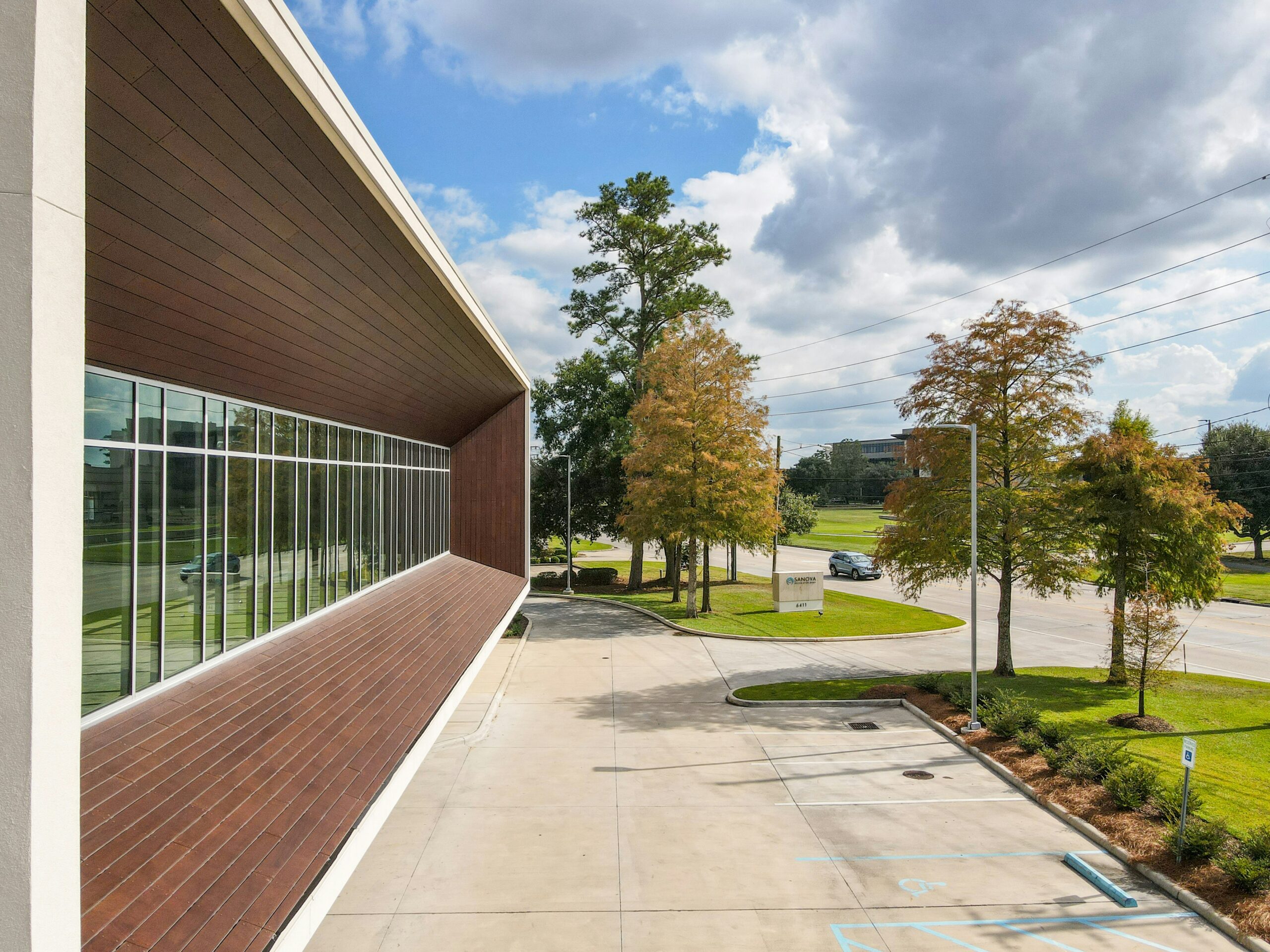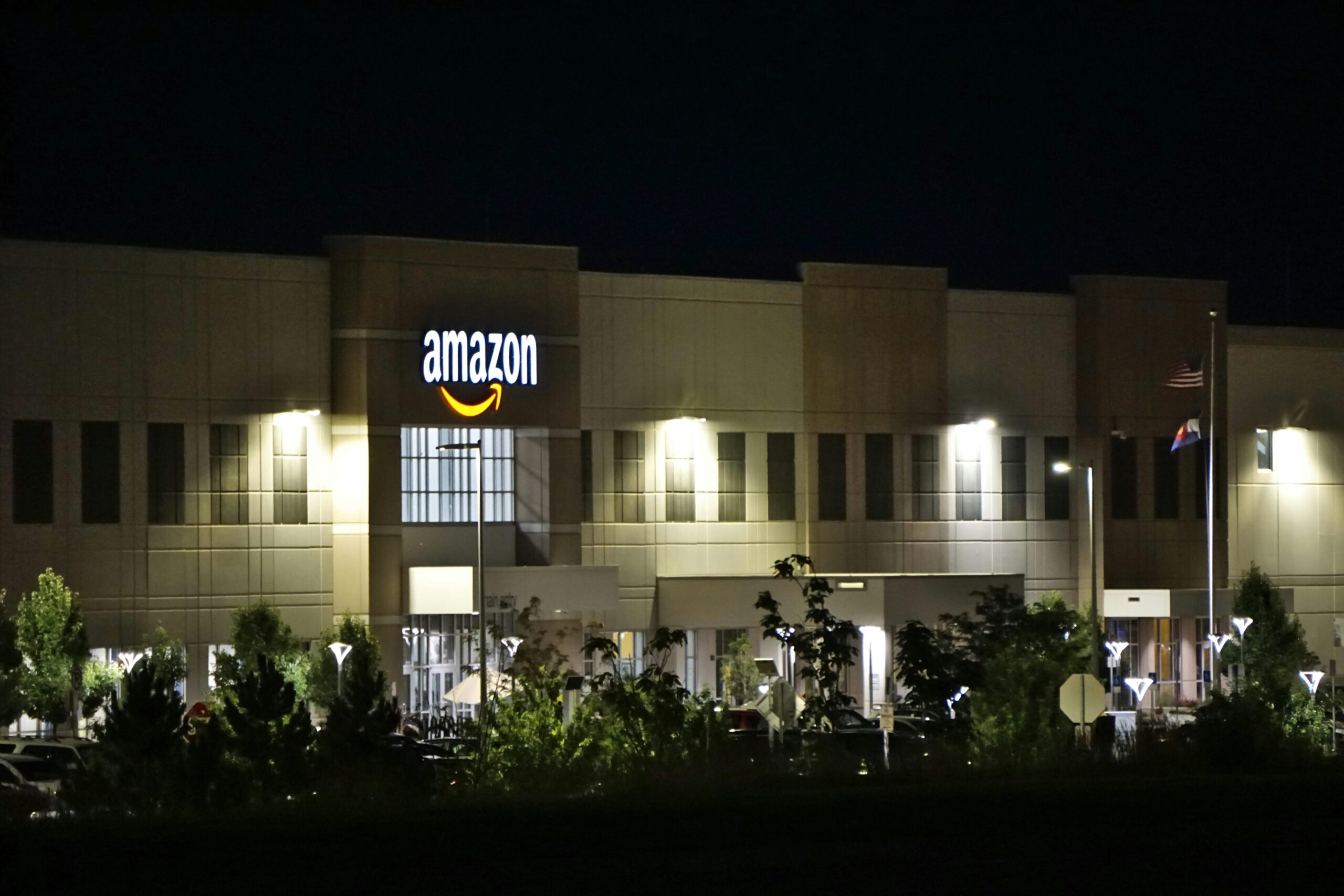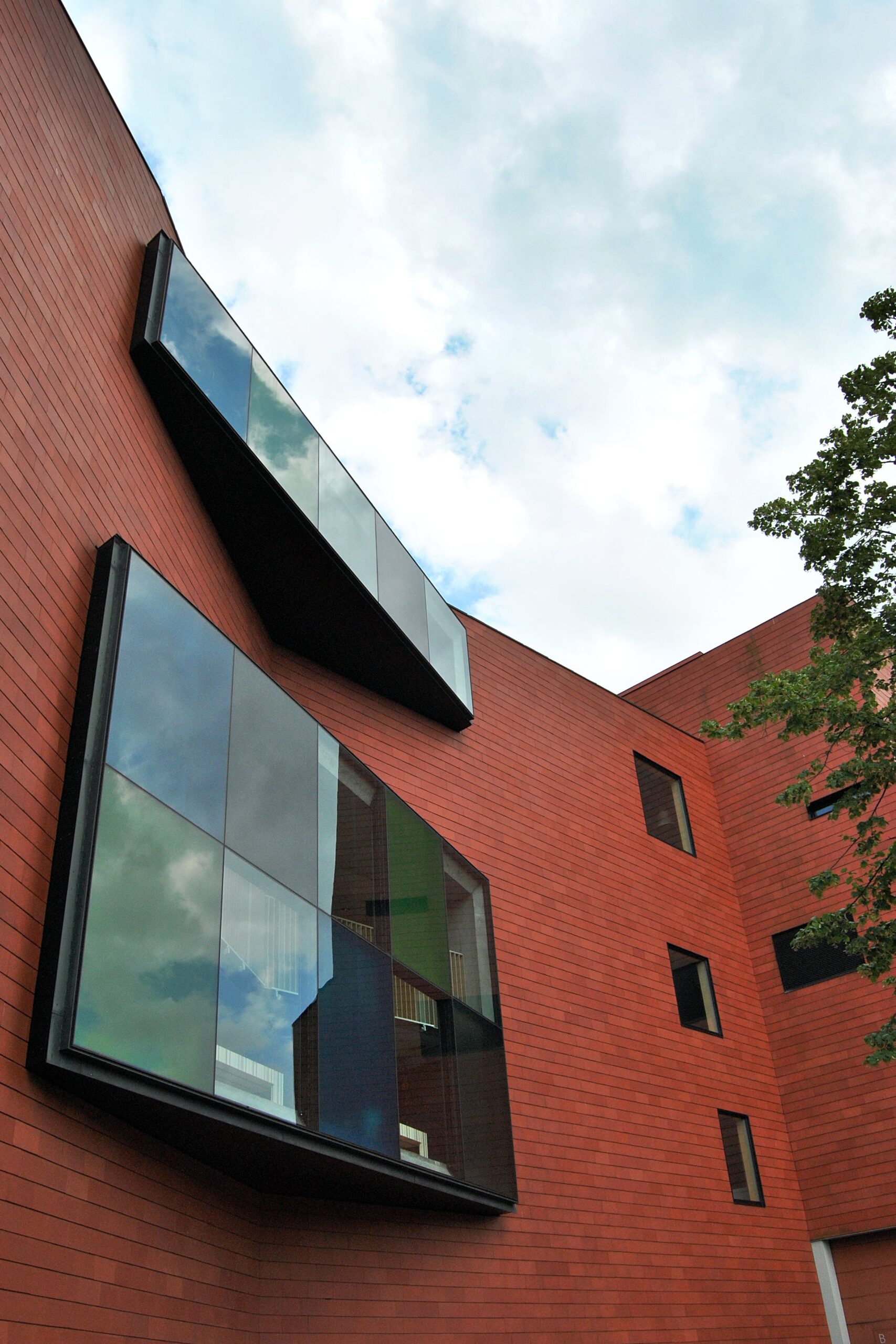Property Management Types
Property management is often a crucial part of owning commercial real estate. Before hiring a property manager to oversee your investment, ensure they have the necessary experience, as each building type requires a unique skill set.
The following are the four most common types of property management to be familiar with before taking the dive into owning investment properties.
Residential Property Management
Residential property management involves overseeing single-family homes, townhomes, and condos. A residential property manager is in charge of single units and up to a quadplex (4 units). Their main focuses are acquiring and retaining qualified tenants, collecting monthly rent, and managing maintenance requests.
Commercial Property Management
Commercial property management relates to apartment complexes (5+ units), retail spaces, and office buildings. Lease management is the primary task of a commercial property manager, as each building type requires a different leasing structure. Commercial property managers also typically take on a larger scope of facility maintenance and need a solid understanding of zoning, building codes, and safety requirements to ensure the property stays compliant.
Industrial Property Management
Industrial property management centers around warehouse space, distribution centers, and manufacturing facilities. A property manager in this field focuses mainly on security and efficiency. Often, industrial facilities manufacture, handle, or store costly goods, making security a top priority. Additionally, the efficiency of these properties can make or break the investment potential, so creating proper systems is vital.
Special-Purpose Property Management
Special-purpose property management involves specialized buildings such as hospitals, education facilities, and recreation centers. Each building requires expertise in specific maintenance and scheduling needs, as well as solid marketing and connections to find the right tenant for that niche.
Have Property Management Questions?
If you have questions about property management or commercial real estate, please contact Steve Longenecker and Northern Colorado Commercial Real Estate at WeBrokerCORealEstate or 720-600-9513.
We give out $250 gift cards for referrals that become our real estate clients.
Like, Share & Follow us on LinkedIn and Facebook.
#longmontcommercialrealestate #commercialrealestatebroker #northerncocommercialrealestate

